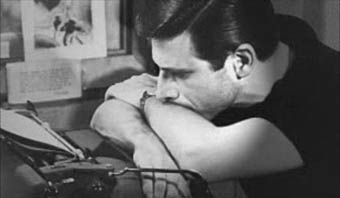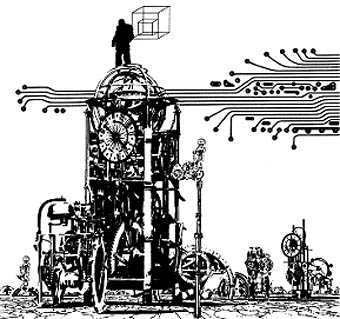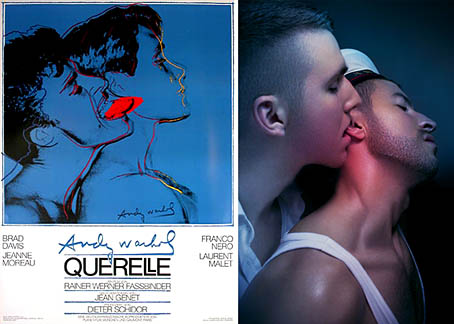
Harlan Ellison.
“You have somebody who is one of the greatest writers of the twentieth century.”
Neil Gaiman on Harlan Ellison, and so say all of us. The quote comes from a trailer for Dreams with Sharp Teeth, a new documentary about Ellison’s life and work which, as far as I can tell, has yet to acquire any distribution. Given Ellison’s reputation you have to wonder why it’s taken this long for someone to make a substantial film about such a great artist and natural performer.

“Repent, Harlequin!” Said the Ticktockman, from a 1978 portfolio by Jim Steranko.
But it doesn’t arrive a moment too soon given the quantity of recent web discussion which seems to have forgotten his huge body of work and sees him solely as a person who gets into arguments all the time. He’s always been argumentative, of course, splendidly so, and his take-no-prisoners attitude did much to shake up the conservative world of American science fiction in the late Sixties and early Seventies. As a political commentator he’s always been at the Hunter S Thompson level with a great line in witty vituperation. The filmmakers seem to have caught both sides of Ellison, the writer who doesn’t so much read as perform his texts from memory, and the tightly-wound ball of fury who won’t take shit from anyone. The film site has nearly an hour of clips to watch, including a tremendous speed-reading of Prince Myshkin, and Hold the Relish.
And while we’re on the subject, I’ll give another plug to the landmark collection of HP Lovecraft-derived art due to appear soon from Centipede Press. This features a number of my Lovecraftian works and an introduction from Mr Ellison himself.
Previously on { feuilleton }
• The Bradbury Building: Looking Backward from the Future
• Revenant volumes: Bob Haberfield, New Worlds and others





